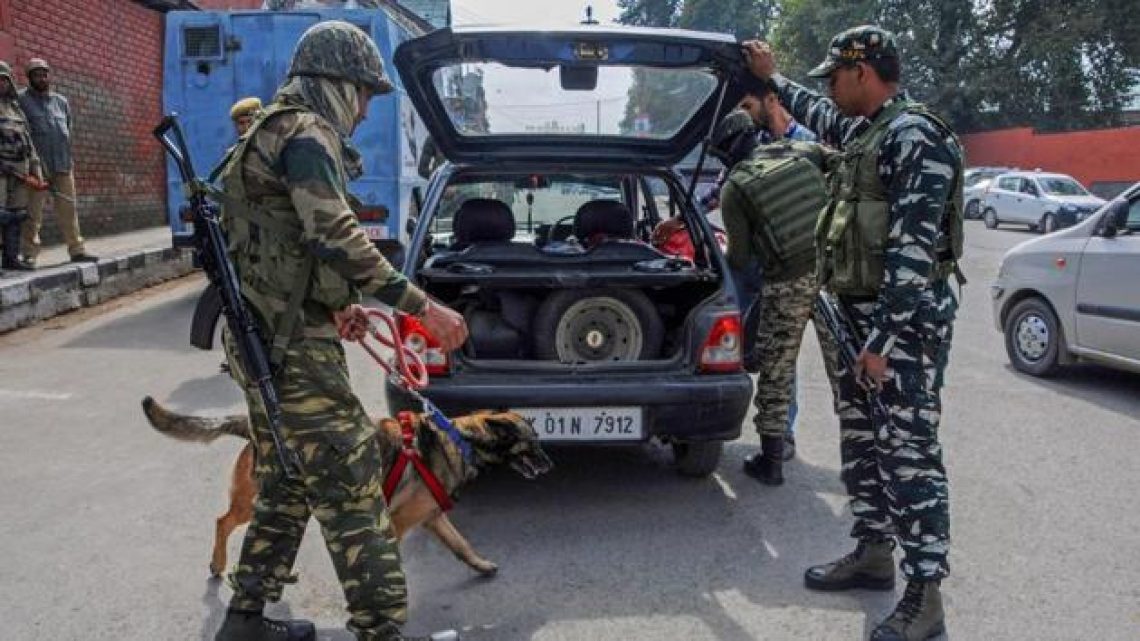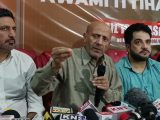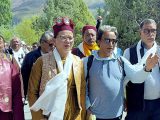
Serious Concerns Mount over Erosion of Rights in IIOJK
October 2, 2024Political analysts and civil society activists in Indian illegally occupied Jammu and Kashmir (IIOJK) have raised alarms regarding alarming developments in the region since August 2019.
This period marks the initiation of measures by the Modi regime aimed at disempowering and disenfranchising Kashmiris in IIOJK. The impact of these actions has been profound, leading to a systematic erosion of the region’s political, constitutional, cultural, and economic autonomy.
Analysts and activists expressed that the Modi regime is enforcing disempowerment, specifically targeting educational institutions. This strategy undermines IIOJK’s unique cultural heritage and has resulted in a significant loss of identity and cultural diversity.
A renowned political analyst, speaking anonymously, noted, “Modi’s regime has utilized propaganda to reshape the narrative around Kashmir.” He criticized the government for ignoring the region’s historical context and promoting a distorted version of events.
This manipulation is evident in various forms of media, including Bollywood films, which often perpetuate Islamophobic tropes and portray Kashmiris negatively. Such portrayals further exacerbate existing tensions and misunderstandings.
Local civil society activists highlighted that economic initiatives, presented as development projects, primarily benefit outsiders. This approach has left local communities sidelined, creating widespread resentment among Kashmiris. Many feel their land is being exploited, and their rights are being ignored.
The activists emphasized that the Hindutva policy targets Muslims across all classes, sects, and ethnicities in Indian illegally occupied Jammu and Kashmir. This has fostered a climate of fear and intimidation, leading many Kashmiris to feel their very existence is under threat.
As India continues to alter the region’s demographics illegally, in violation of UN resolutions and international laws, the urgency of the situation has intensified. Analysts and activists are calling for immediate attention from the international community.
They demand advocacy for the rights of Kashmiris living under occupation and an end to Modi’s anti-Kashmir policies. This appeal highlights the need for global support to address the ongoing crisis.
The situation in IIOJK reflects a broader struggle for self-determination and human rights. The increasing sense of vulnerability among Kashmiris necessitates urgent action and international solidarity.
To conclude, the concerns raised by political analysts and civil society activists illuminate the pressing challenges facing Indian illegally occupied Jammu and Kashmir. The call for recognition and support from the international community remains vital to restoring the rights and dignity of the Kashmiri people.

